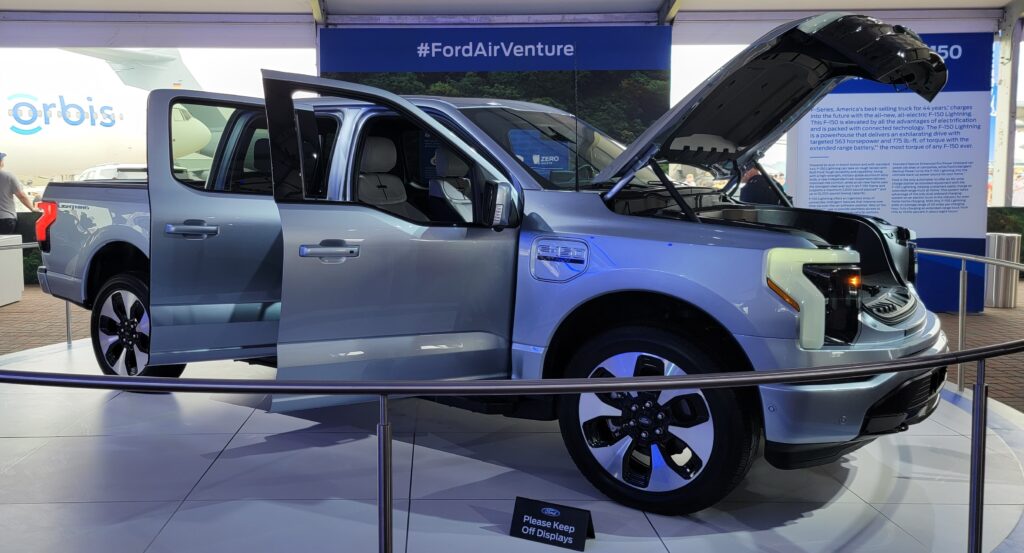
In a society where car payments are often seen as a necessary evil, the idea of buying a car outright with cash feels both revolutionary and liberating. The opportunity to drive away in a vehicle unburdened by monthly payments is not just refreshing—it’s also a smart financial strategy. Let’s explore the advantages of paying cash for a car and why this route might be worth your consideration.
1. **Debt-Free Peace of Mind**: One of the most appealing benefits of paying cash for a car is the instant peace of mind it offers. With no monthly payments to stress over, you can relax knowing that financial instability won’t impact your ability to drive your car. This comfort becomes even more valuable during unexpected financial hardships, where having no car loan means one less financial obligation to manage.
2. **Full Ownership from Day One**: When you buy a car with cash, you own it outright from the moment you drive it off the lot. This means you avoid the hassle that comes with loans, such as having to use proceeds from selling the vehicle to pay off a lender. Full ownership also allows you to make decisions about your car without any restrictions tied to a financing agreement.
3. **Significant Savings on Interest**: Avoiding auto loan interest is another major benefit of paying cash. Interest rates on car loans can vary widely, typically ranging from 5% to over 20%. When you opt to pay cash, you sidestep these interest charges entirely, which can result in substantial savings over time. Additionally, paying cash allows you to dodge other lender fees, like loan origination fees that usually add another 1% to 2% of the loan amount.
4. **Discourages Overspending**: Paying cash naturally encourages you to stick within your budget. When you have a set amount to spend, you are less likely to be swayed by dealership add-ons or feel tempted to stretch your finances for a more expensive car than you initially planned for. This disciplined approach helps prevent financial strain and ensures you remain within your means.

5. **Negotiation Leverage**: Cash buyers often have more negotiating power at the dealership. The ability to pay in full can sometimes motivate a dealership to offer a better price, as they avoid the lengthy process and potential complications associated with financing. By keeping your payment method under wraps until the end, you might strike a deal that’s more favorable to your wallet.
6. **Freedom from Full-Coverage Insurance Requirements**: When you finance a vehicle, you’re usually required to carry full-coverage insurance, which can significantly raise your premiums. Paying cash gives you the flexibility to select the insurance coverage that fits your needs and can save you money on those ongoing monthly insurance bills.

7. **Opportunity for Quicker Car Upgrades**: Since you own the car outright, you can upgrade to a new vehicle whenever you choose without the need to settle an outstanding loan balance. This flexibility allows you to adapt to changing needs or preferences without financial penalty.

8. **Improved Cash Flow**: Without a monthly car payment, your monthly expenses decrease, freeing up cash flow for other financial goals or necessities. You can allocate these funds toward savings, investments, or unexpected expenses, enhancing your overall financial health and security.
9. **Avoid the Depreciation Trap**: New cars depreciate at an alarming rate, often losing up to 60% of their value in just five years. By opting to pay cash and considering slightly used vehicles, you can dodge the steep depreciation that comes with new cars, leading to a wiser investment that retains its value longer.

10. **Enhanced Financial Security**: Purchasing a vehicle without the weight of a loan boosts your overall financial security. With fewer fixed monthly expenses, you’re better equipped to handle unexpected financial setbacks, such as job loss or medical emergencies, without the added pressure of car payments.

11. **Potential Tax Benefits**: In some cases, paying cash might offer tax advantages, such as claiming certain deductions or avoiding tax implications tied to loan interest. It’s wise to consult with a tax advisor to explore these possibilities based on your financial situation.
12. **Greater Control Over the Sale Process**: Selling a car you own outright is a simpler process than selling one with an outstanding loan. You can negotiate directly with buyers without involving a lender, retaining greater control over the transaction and the price you accept.

By weighing these benefits, you can make a well-informed decision on whether paying cash for a car suits your financial situation and goals. While this approach may not be ideal for everyone, those who prioritize financial independence and savings will find it a strong alternative to standard financing options.

For many, the idea of paying cash for a car is appealing, but it’s essential to weigh the challenges and considerations that come with this approach. Navigating through the sea of options and financial obligations can be daunting, so let’s explore these considerations in a more structured manner.

13. **Limited Financial Flexibility**: Choosing to pay cash for your car might leave you with fewer liquid assets available for other expenses. This can pose challenges if unexpected costs arise or you have pressing financial obligations. It’s essential to ensure that your financial safety net remains intact after making such a sizeable purchase.
14. **Missed Credit Building Opportunities**: Financing a car can help build your credit history, which is vital for major future financial endeavors such as buying a home. Paying in cash, while financially liberating, doesn’t contribute to your credit score improvement.
15. **Opportunity Cost**: Using cash reserves to buy a car may result in missed opportunities for investing in stocks or retirement accounts. Assessing the potential growth from these investments against the advantages of owning a car free and clear is a vital consideration.
16. **Minimal Access to Dealer Financing Incentives**: Car dealerships often offer attractive incentives for those who finance, such as low interest rates or cash rebates. When you opt to pay cash, you might miss out on these valuable offers, which could greatly enhance the overall deal.

17. **Higher Initial Financial Burden**: While paying cash avoids monthly payments, it also means parting with a large sum upfront. This can be financially burdensome, especially if it depletes savings set aside for emergencies or other crucial expenditures.

18. **Potentially Limited Car Options**: With a finite amount of cash, your range of available vehicles might be restricted compared to financing, which could allow you to consider more luxurious or newer models that fit your needs better.

19. **Lack of Payment Flexibility**: Financing offers structured payments over time, which can be easier to manage for some. Paying cash eliminates this flexibility and requires careful financial planning to ensure it doesn’t impact other areas of your financial health.

20. **The Psychological Impact**: For some buyers, parting with a large sum of cash all at once can provoke emotional reactions, such as buyer’s remorse or second-guessing. This psychological aspect should not be underestimated when contemplating a cash purchase for your next vehicle.
Related posts:
Should I Finance or Pay Cash for a Car?
Paying Cash for a Car in 2024: Consider the Pros and Cons
Why We Pay CASH for Cars and How You Can Too















